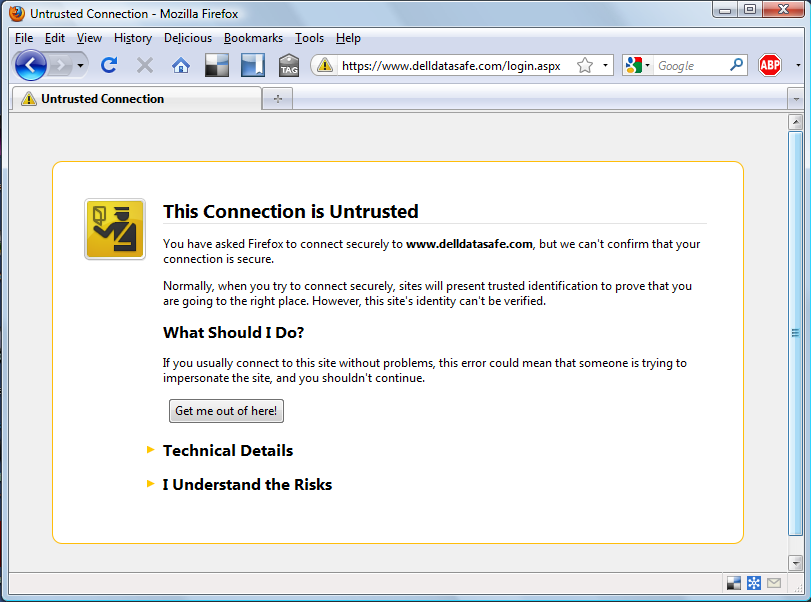The Cafes » 2009 » December
SourceForge for the 21st Century
Lately I’ve been thinking a lot about continuous deployment for reasons I’m not quite yet at liberty to disclose. This has inspired me to improve the XOM release process, to make it more of a one click process, or, to be more accurate, a one ant target process. I can now release a new version simply by typing:
$ ant -Dpassword = secret -Dwebpassword=other_secret release
This not only builds the entire project. It tags the release in CVS, uploads the zip and tar.gz files to IBiblio, and uploads the documentation to my web host. It doesn’t yet file a bug to upload the maven files, but I’m working on that.
During the process of setting this up, I realized that my organization is a little backwards. In particular, I’m pushing all the artifacts from my local system. Instead, I should merely be committing everything to the source code control repository; tagging a release; and then having the further downstream artifacts like the zip and tar.gz files and documentation pulled from source code control onto the Web servers.
There are some commercial products that are organized like this, including ThoughtWorks’s Cruise, but none of the major open source hosting sites such as SourceForge and java.net work like this. Certainly, SourceForge and similar sites have been major contributors to the open source revolution. They have enabled hobbyist developers working in their garages to use tools and techniques of software development that were previously limited to corporations. They have it enabled far-flung developers around the world to collaborate with each other far more effectively than they could do by e-mailing each other tar files. They have removed the burden of system administration from many programmers, thus enabling them to devote more time to writing code. Make no mistake. SourceForge et al. are real force for good in the community.
That said, the state of the art in software development has moved forward significantly since these sites were founded. CVS has mostly been replaced by Subversion. On some projects, Subversion has been been replaced by distributed version control systems such as git and Mercurial. Unit testing and test driven development have moved from extreme practices to standard operating procedure. Continuous integration using products like Hudson and Cruise Control is routine. Nonetheless, most project hosting sites still offer little beyond a source code repository, a bug tracker, and some webspace. Not that that’s not important, but we can do so much more.
It’s time to think about what a modern project hosting site might want to offer and what it might look like.
Read the rest of this entry »

